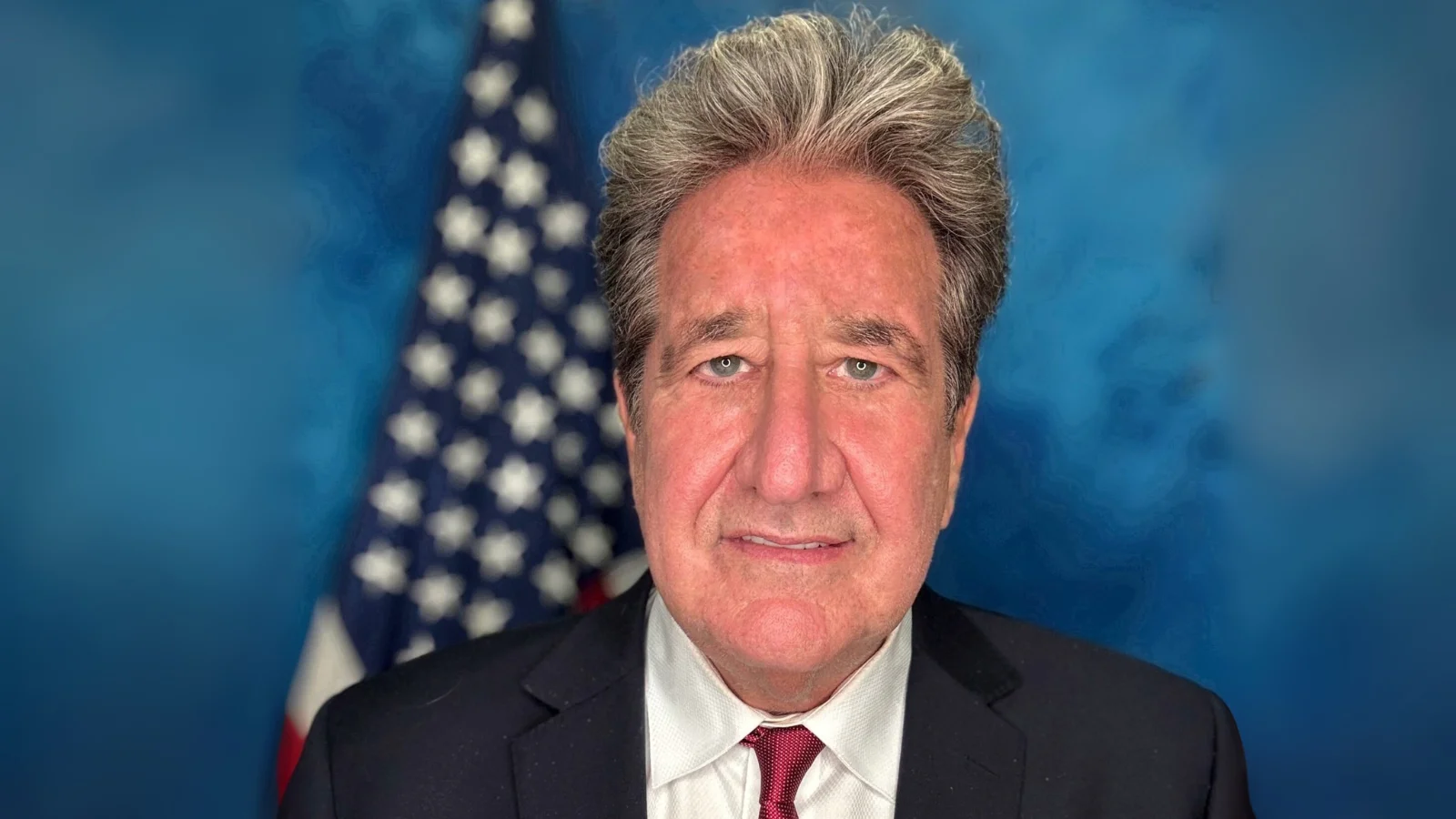The United States has voiced support for increased cooperation between governments and the private sector in the Americas, highlighting concerns about threats to democratic institutions in parts of the region. Speaking at an Organization of American States (OAS) Permanent Council meeting on rule of law and good governance, U.S. Interim Representative Lee Lipton acknowledged Canada’s role in bringing these issues forward and thanked presenters for their input.
Lipton emphasized the importance of unity based on shared values, trade, and cooperation across the hemisphere. He noted that "democratic institutions and the rule of law are being eroded in parts of our region — particularly in Cuba, Venezuela, and Nicaragua — by malign influence that seeks to weaken those bonds of trust and undermine our collective vision of peace and prosperity." He called for ongoing engagement with the private sector as essential to countering such pressures.
Lipton highlighted mechanisms like the Summit of the Americas process, including its CEO Summit and Americas Business Dialogue (ABD), which aim to connect business leaders with governments to develop practical solutions on regulatory efficiency, investment facilitation, transparency, and integrity in public procurement. Citing Secretary of State Rubio’s remarks, he said: “Governments and businesses can and must work together to build a better future — neither the public nor private sectors can do it alone.”
He also recognized efforts by OAS groups focused on democracy—including recommendations from recent initiatives aimed at combating illicit campaign finance and promoting judicial integrity—as important steps toward strengthening trust in democratic institutions.
The United States expressed support for upcoming events like the 21st Americas Competitiveness Exchange (ACE) scheduled in Belém, Brazil. This event will bring together leaders from business, government, and academia to promote innovation and competitiveness within the region. Additionally, Lipton pointed out programs such as those led by Trust for the Americas that advance transparency, digital access, and workforce development as examples of successful OAS engagement with private industry.
Lipton encouraged consideration by OAS leadership for establishing dedicated units or spaces to foster deeper collaboration between governments and businesses. He stated that “economic opportunity and democratic stability are mutually reinforcing,” underscoring a desire among citizens throughout the hemisphere to remain at home while contributing to peaceful communities.
He affirmed U.S. alignment with Secretary General Ramdin’s vision for regional peace and prosperity: “We stand ready to roll up our sleeves and work with all OAS Member States to identify shared priorities and advance our common aspirations for growth.”
Concluding his remarks, Lipton urged continued use of OAS platforms—such as CAJP—to facilitate public–private engagement around hemispheric challenges. “Strong democracies require both accountable public institutions and responsible private actors,” he said. “The United States will continue working with all Member States —and with the private sector—in pursuit of a peaceful, connected, and prosperous hemisphere.”

